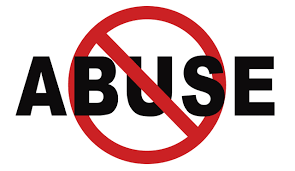

Please Remember
When you have experienced sexual assault, physical abuse or emotional abuse it’s hard to know how to react.
If you or someone you know is or has been abused as a child or even as a senior its hard to know where to turn for help.
You may need:
1. Medical attention
2. Emotional support
3. Help reporting to the police
Learning more about the steps to take following any type of abuse can help not only you but others experiencing the same situation.

Survivors of abuse may have many reasons for speaking out, such as to protect their communities, reclaim their power, or advance their healing process. However, it can be difficult to know how to speak out safely. Here are some resources and tips that may help:
1 Understand your rights, risks, and options: This can help you decide if and how to speak out.
2 Reach out to a local service or organization: For example, you can contact your local domestic violence agency or the National Domestic Violence Hotline. You can also reach out to Women's Aid, who work with survivors who speak out on various issues.
3 Talk to supportive people: You can confide in a trusted friend, family member, or counselor.
4 Take time away from the abuser: Spend time with people who love and support you.
5 Make a plan: This can include designating a safe space, packing a bag in case you need to leave quickly, and knowing how to call emergency services

Refusing to repeat what you lived through is the only way to break the cycle of abuse.
We have to learn new ways to live and to love without the dysfunction we were raised in.
I do recommend reaching out to https://www.raindropsrisingfoundation.com/ if you are sexual abuse survivor.
If you or another person are in immediate danger please call 911
Child Protective Services (Birth to age 17) 800-800-5556
Adult Protective Services (18 and older) 800-992-6978